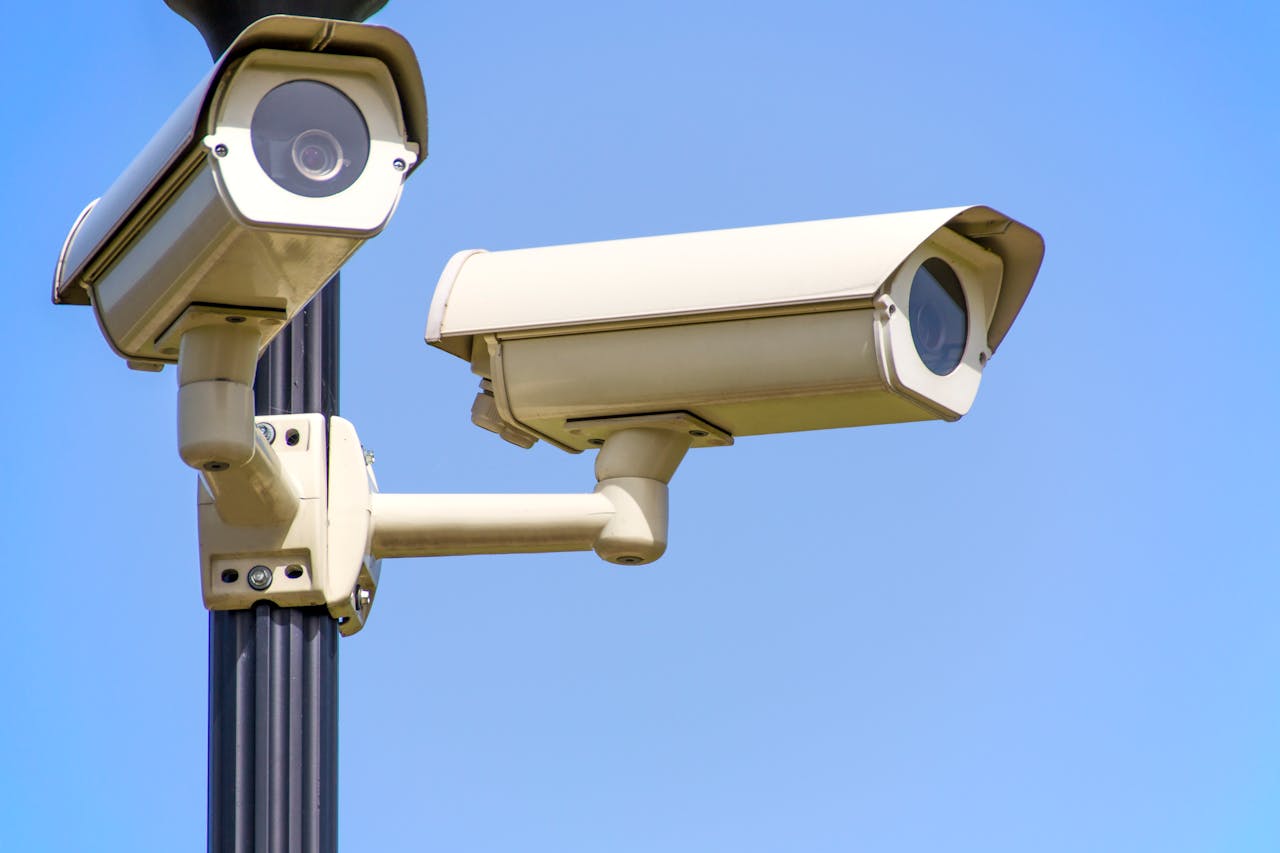
Image Source: pexels.com
Every time you walk into a store, you’re being watched. Cameras track your every move, from the moment you grab a cart to the second you check out. This isn’t just about stopping theft. It’s about learning how you shop, what you buy, and even how you feel while you’re there. The truth is, your everyday purchases are part of a much bigger story. Understanding what’s really happening can help you make smarter choices and protect your privacy. Here’s what you need to know about the hidden world behind your grocery trips.
1. Cameras Don’t Just Watch for Theft
Most people think store cameras are only there to catch shoplifters. That’s not the whole story. Cameras also track how you move through the aisles. They see which displays catch your eye and which ones you ignore. This information helps stores decide where to put products and how to design their layouts. If you always find yourself buying things you didn’t plan on, it’s not an accident. Stores use camera data to make shopping more tempting.
2. Your Shopping Habits Are Being Analyzed
Every time you pick up an item, cameras and sensors notice. They record how long you look at a product, if you put it back, and what you finally buy. This data gets analyzed to spot trends. For example, if lots of people pause at a new snack but don’t buy it, the store might lower the price or move it to a better spot. Your everyday purchases help shape what’s on the shelves. This isn’t just about convenience. It’s about stores using your habits to boost their sales.
3. Facial Recognition Is Quietly Spreading
Some stores use facial recognition technology. This means cameras can identify you when you walk in. They might know if you’ve shopped there before or if you’ve returned items often. In some cases, they can even guess your mood. This technology is controversial. Many people don’t realize it’s happening. If you value your privacy, it’s important to know which stores use facial recognition.
4. Loyalty Programs Track More Than You Think
Signing up for a loyalty card seems harmless. You get discounts and special offers. But these programs track every purchase you make. They know what brands you like, how often you shop, and even what time of day you visit. This data is often shared with third parties. It’s used to target you with ads and promotions. If you’re concerned about privacy, think twice before handing over your information. Your everyday purchases are valuable to marketers.
5. Self-Checkout Isn’t as Private as It Seems
Self-checkout lanes feel private. You scan your own items and bag them yourself. But cameras are watching closely. They track your movements and can flag suspicious behavior. Some systems use artificial intelligence to spot mistakes or theft. If you scan an item incorrectly, the system might alert a staff member. Self-checkout is convenient, but it’s not anonymous. Your everyday purchases are still being recorded and analyzed.
6. Dynamic Pricing Can Change What You Pay
Have you ever noticed prices changing from one visit to the next? Stores use data from cameras and loyalty programs to adjust prices in real time. If a product is popular, the price might go up. If it’s not selling, the price could drop. This is called dynamic pricing. It’s designed to maximize profits. Your everyday purchases help set these prices. Being aware of this can help you spot deals and avoid overpaying.
7. Emotional Responses Are Being Measured
Some stores use cameras to study your facial expressions. They want to know how you react to displays, prices, and products. If you look frustrated at a high price, the store might lower it later. If you smile at a new product, they might promote it more. This kind of tracking goes beyond what you buy. It’s about understanding how you feel while shopping. Your everyday purchases are just one part of the data being collected.
8. Your Data Can Be Shared or Sold
The information collected about your shopping habits doesn’t always stay with the store. It can be shared with brands, advertisers, and even data brokers. This means your everyday purchases could end up in databases you’ve never heard of. Companies use this data to target you with ads, both online and offline. If you want to protect your privacy, ask stores how they use your data. You have a right to know where your information goes.
9. You Can Take Steps to Protect Your Privacy
You’re not powerless. There are ways to limit how much data stores collect about you. Pay with cash when possible. Skip the loyalty card if you don’t want your purchases tracked. Be aware of where cameras are placed and what they might be recording. Read privacy policies before signing up for programs. Small changes can help you keep your everyday purchases more private.
Everyday Purchases: More Than Meets the Eye
The next time you shop, remember that your everyday purchases are part of a much bigger system. Cameras, sensors, and data analysis shape what you see, what you buy, and even how much you pay. Being aware of these hidden forces can help you make smarter choices and protect your privacy. The truth behind everyday purchases is more complex than it seems, but you have the power to take control.
Have you noticed changes in your shopping experience or privacy concerns at your favorite store? Share your thoughts in the comments.
Read More
Unlock Big Savings: How to Find and Use TikTok Shop Coupons
Why is TikTok Shop So Cheap? The Surprising Reasons Behind the Low Prices
